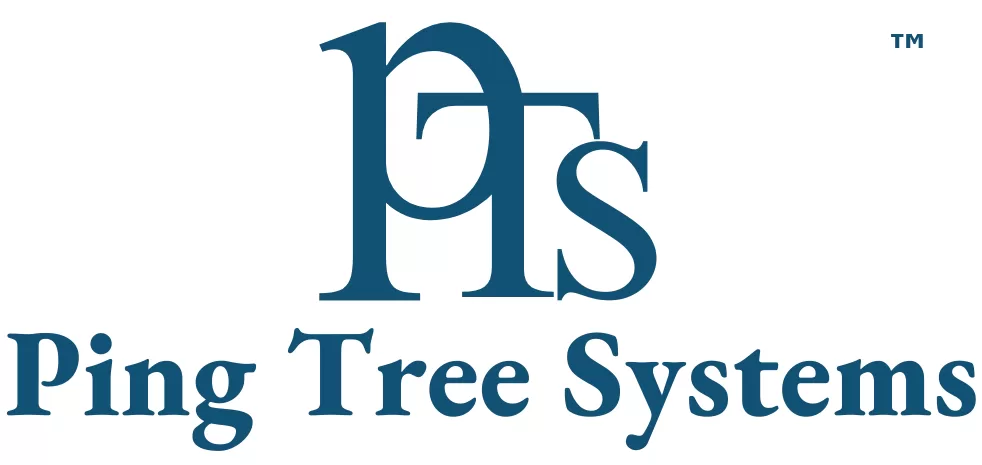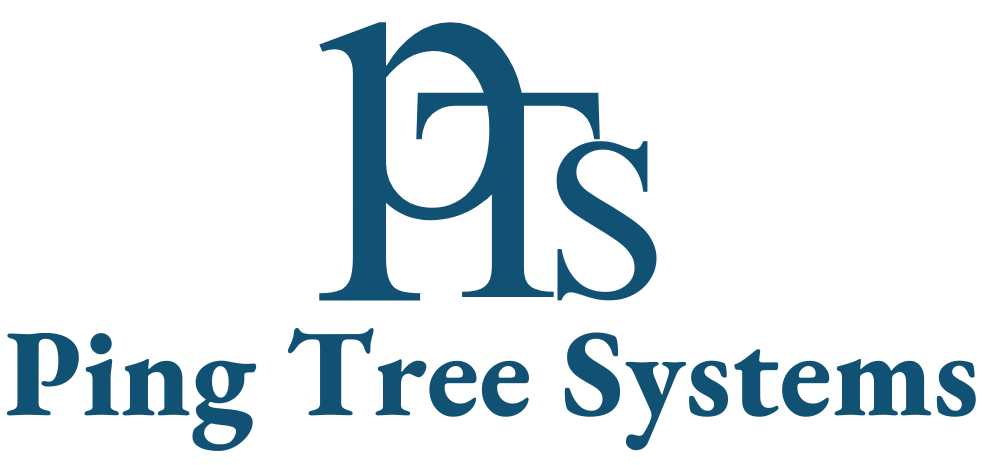Lead generation is crucial for law firms looking to expand their client base and grow their practice. However, when it comes to legal lead generation campaigns, compliance is paramount. Since law firms operate within a heavily regulated industry, ensuring that their lead generation efforts comply with applicable laws and ethical guidelines is essential to protect both the firm and its clients. One of the tools that can help streamline and automate this process while ensuring compliance is the Ping Tree System and Ping Tree Software.
Understand the Legal and Ethical Guidelines
-
The Telephone Consumer Protection Act (TCPA): This law regulates telemarketing practices, including automated calls, texts, and robocalls. Firms need to ensure that they have the express consent of individuals before contacting them.
-
The Rules of Professional Conduct (RPC): Each state has its own set of professional conduct rules, which typically require law firms to avoid misleading or deceptive advertising, and prevent solicitation in certain contexts.
-
The Fair Credit Reporting Act (FCRA): If your lead generation involves gathering financial information, you must comply with the FCRA, which governs how consumer information is used.
-
General Data Protection Regulation (GDPR): For law firms operating internationally or targeting clients in the European Union, GDPR compliance is crucial when handling personal data.
Obtain Explicit Consent from Leads
One of the cornerstones of compliance in legal lead generation is ensuring that all leads are contacted with explicit consent. This typically means having clear opt-in procedures in place before gathering or using personal data. Some effective ways to obtain consent include:
-
Clear Opt-in Forms: Use forms with clear language explaining what the lead is signing up for, such as receiving legal consultations or marketing communications. This form should also request permission to contact them through calls, texts, or emails.
-
Record Consent: It’s important to document consent for future reference, especially if the lead’s decision to opt-in may be questioned. Whether it’s through checkboxes, written agreements, or recorded phone calls, firms should have a mechanism to confirm that consent was provided.

Avoid Solicitation in Prohibited Contexts
-
Soliciting clients who are in distress or under duress, such as offering services to accident victims shortly after an incident, is not only unethical but also illegal in many jurisdictions. This type of solicitation could be considered a violation of legal advertising and solicitation rules, which are designed to protect vulnerable individuals.
Additionally, in-person solicitation is often prohibited, with many states restricting lawyers from going to places where potential clients might be vulnerable, such as hospitals or accident scenes. These regulations are in place to prevent exploitation of people during moments of distress.
False or misleading claims in legal advertising, such as making guarantees or promises about outcomes, can also lead to non-compliance and serious ethical violations. Claims that suggest a specific outcome or imply certainty in results are generally considered deceptive and misleading, and can result in penalties or damage to the firm’s reputation.
To help law firms manage leads efficiently while ensuring they adhere to these legal and ethical standards, a Lead Distribution System paired with Leads Distribution Software is a key tool. This technology helps ensure that leads are routed to the appropriate channels while monitoring compliance with solicitation laws. By using Leads Distribution Software, law firms can control how leads are generated, tracked, and assigned, preventing any unethical solicitation and ensuring transparency throughout the lead generation process.
Be Transparent with Clients
Transparency is vital in the legal field. Prospective clients should be fully informed about how their personal information will be used and the nature of the services being offered. Be upfront about:
-
How their information will be used: Explain why you’re collecting the data, whether it’s for a free consultation, marketing purposes, or other specific goals. Clients should know whether their information will be shared with third-party legal providers or used within your firm’s system. This is where lead distribution systems come into play. These systems ensure that personal information is handled securely and routed appropriately within the firm, protecting both the client and the firm’s compliance standards.
-
The nature of the services: Clearly communicate what services you offer and avoid deceptive marketing tactics that could mislead potential clients. It’s important to explain how your legal services will address their needs and ensure that your advertising doesn’t promise unrealistic outcomes. When using methods like ping post lead or ping and post, ensure that the leads are not only being routed efficiently but also that the data collected is transparent and ethically managed.
By leveraging lead distribution systems and ping post lead strategies, law firms can automate and optimize their lead flow while maintaining clear communication with prospective clients about the use of their information and the nature of services provided. This approach fosters trust and compliance with ethical marketing practices.
Stay Up-to-Date with Changing Regulations
Laws and regulations governing legal marketing and lead generation can change. It’s important for law firms to stay up-to-date with new rules and regulations in their jurisdictions. Consider subscribing to legal marketing newsletters, attending webinars, and consulting with compliance professionals or legal experts who specialize in marketing law.
Regularly reviewing compliance guidelines will help ensure that your lead generation efforts remain legally sound and ethical over time.

